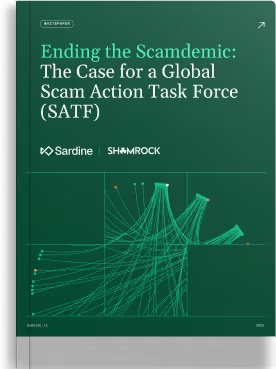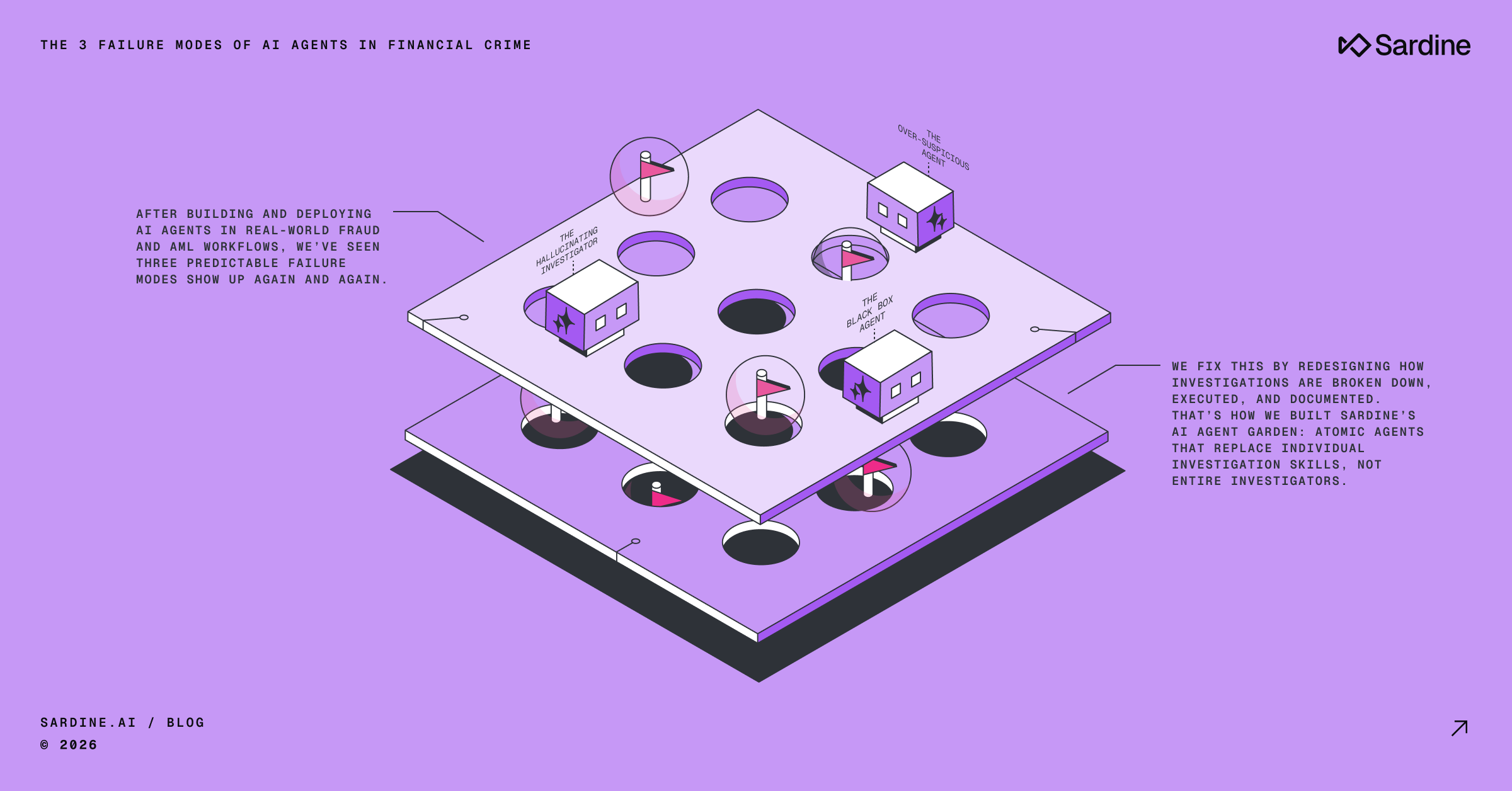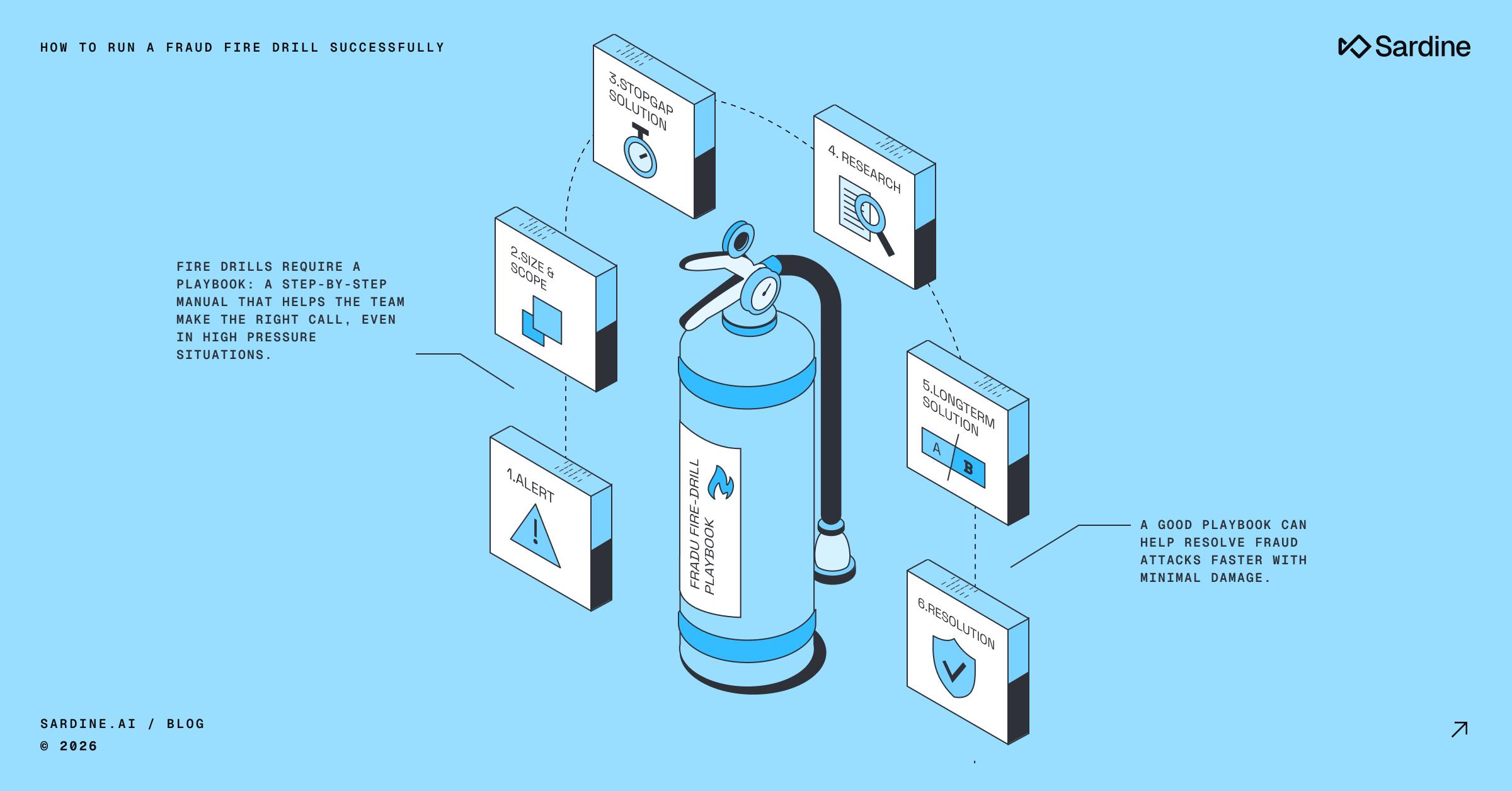Buy vs Build the business case for Fraud & Compliance
One of our customers cut costs by 10x by deciding to buy instead of build. They were spending >$2M per year on in-house fraud prevention. On the first call with us, the entire C-suite showed up.
The rationale? Specialization – they wanted to focus on their key differentiator, and outsource the rest.
Several years ago, when this customer started building, there were no specialized fraud prevention providers serving “digital fraud”. So they built a large team, but soon realized costs had increased drastically for a non-core business unit.

The age old debate
In today’s funding environment, every company must focus on its core business and eliminate structural costs. The buy vs build debate is hotly contested, and has swung toward “buy” recently. In the Fintech boom era of 2021, hiring a team and building became a default answer but it might not always be the right answer.
Do you build and potentially have better unit economics in a few years, or does buying actually deliver the best business case? A classic consulting answer would be “it depends.” While true, let me tell you about a case where buying made the most sense – both now and long term.
Fraud, AML and AI the ultimate case for specialization
There is no case for Specialization more clear than fraud and AML.
Each of these topics can take a lifetime to learn and requires dedicated expertise. The combination is a Venn diagram that has vanishingly few in the middle. I spent decades in data science and cut my teeth fighting fraud, as many of you have. But as more time passes, the more the combination of these skills becomes critical. As we grow Sardine, we’re attracting more fraud ops, data science and compliance specialists to go deeper and constantly push the boundaries.
Fraud and Compliance is constantly evolving, new attacks emerge daily, and we all need to stay at the cutting edge.That’s the only way to best build our businesses and protect our customers at the same time.

Fraud and Compliance the business case
One high and ever-growing cost for anyone touching payments is fraud and AML.
That dynamic forces costs up in 4 key ways:
- Direct – Fraud losses
- Indirect – Increased regulatory scrutiny and pushback from payments partners, banks, and 3rd parties
- Indirect – Hiring ever more staff to cope with the rapidly evolving landscape. It is hard to hire top talent for fraud/aml when your core business is something else. This leads to lots of abandoned project. It is also hard for a Fraud department to justify the ROI of hiring anyone.
- Indirect – Increased Cloud hosting costs for provisioning data warehouses and data jobs to aggregate statistics, de-dupe and normalize features and compute ML scores in real-time

In the last two years, the 3rd and 4th elements have ballooned. Spending on data science, fraud operations, compliance, and AML is way up. These are valuable, but specialized skills and specialized skills can be outsourced to a “department you hire as an API.”
In his post “APIs all the way down,” Packy McCormack described Stripe as the world’s best payments team available for hire – just as an API.
What if you could do the same for Fraud and AML?
At Sardine, we've combined the world's most experienced data science, ML, fraud, and compliance nerds into a single company. Consistently, we find we can improve performance on fraud detection and AML and reduce costs simultaneously.
It's an extreme example, but one client reduced their manual and human cost base by 10x by shifting to Sardine. That means more runway, more capital to invest in their core competencies, and better fraud protection. All incredibly valuable in these market conditions.
Kudos to them for not falling in love with what they had built in-house and making the really hard decision to move to a more specialized provider (us) instead.
So, the age-old debate of buy vs build. On which side do you stand?



%20(1).avif)







